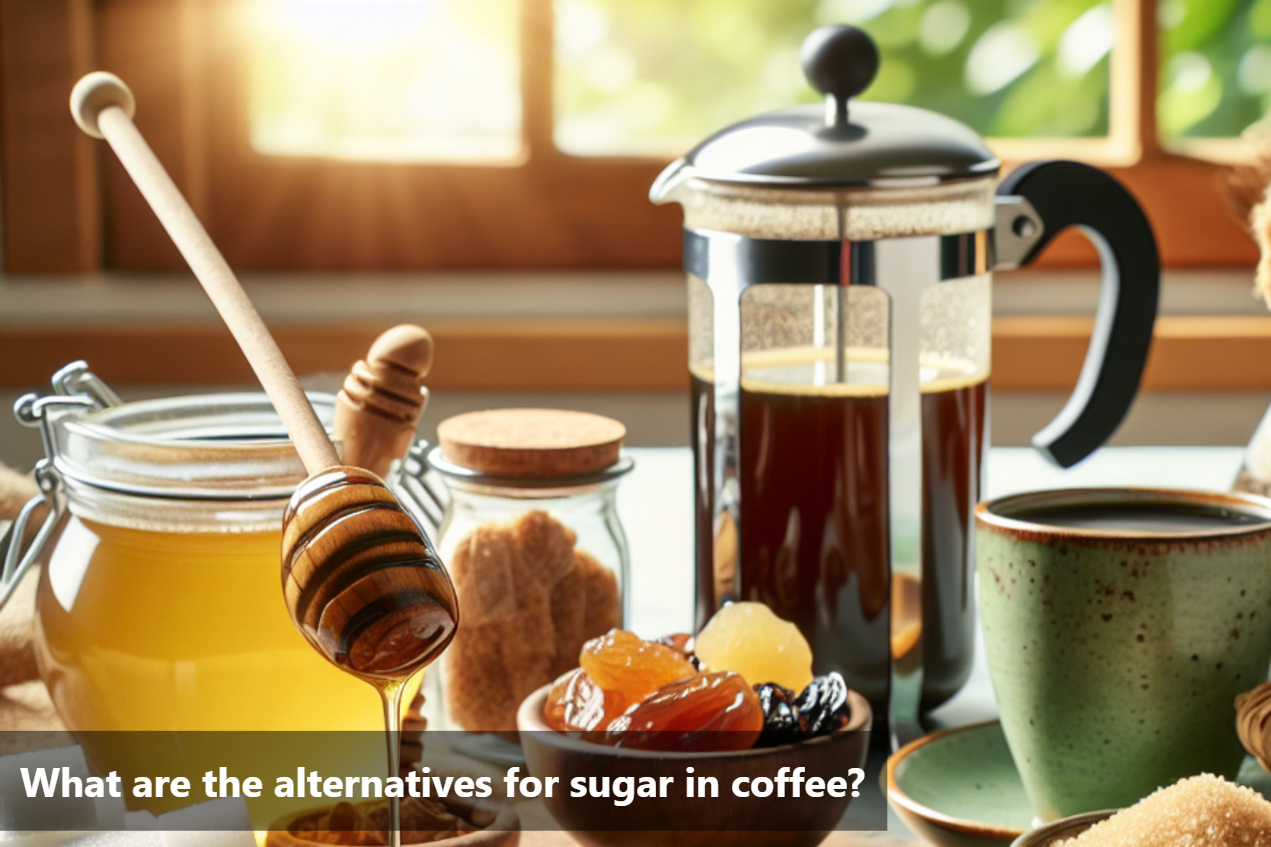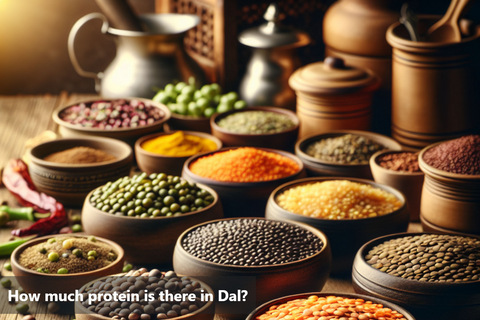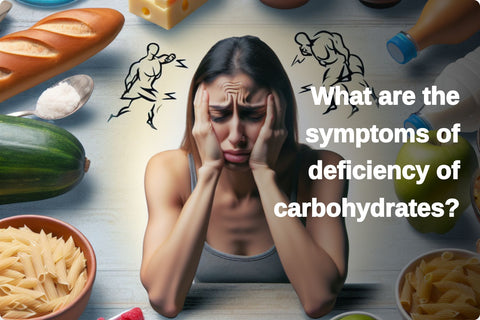
What are the alternatives for sugar in coffee?
The common practice of adding sugar to coffee is deeply ingrained in many cultures around the world. For some, a cup of coffee without sugar may seem unthinkable. While sugar can enhance the flavour of coffee, it is important to be aware of the potential negative effects of consuming too much sugar in our daily brew.
Excessive sugar intake in coffee can contribute to weight gain and have a detrimental impact on overall health. The empty calories from added sugar provide no nutritional value and can lead to a spike in blood sugar levels, followed by a crash that leaves you feeling fatigued. Moreover, indulging in sugary coffee regularly may increase the risk of chronic diseases like diabetes and heart conditions.
Considering these concerns, many individuals are exploring the option of enjoying their favourite beverage without the added sugar. Opting for sugar-free coffee can not only aid in weight management but also reduce the reliance on unhealthy sweeteners. By embracing coffee without sugar, one can savour the rich flavours of the brew in its pure form, free from the overwhelming sweetness that masks its true essence.

Coffee Without the Sugar: Healthy Alternatives for Sweetening Your Brew
Natural Sweeteners:
-
Stevia: Extracted from the leaves of the Stevia rebaudiana plant, stevia is a calorie-free sweetener that is significantly sweeter than sugar. It has been used as a natural alternative for those looking to reduce their calorie and sugar intake.
- Monk Fruit: Also known as luo han guo, monk fruit is a natural sweetener derived from a small melon. It is often used as a sugar substitute due to its zero-calorie content and natural sweetness.
- Erythritol: A sugar alcohol that occurs naturally in some fruits, erythritol is a low-calorie sweetener with a sweetness similar to sugar. It is known for not causing spikes in blood sugar levels and is suitable for those on low-carb diets.
Low-Calorie Sweeteners:
-
Splenda (Sucralose): Splenda is a widely used artificial sweetener derived from sucralose. It is heat-stable, making it suitable for cooking and baking. Splenda is known for its sweetness without the added calories of sugar.
- Aspartame: Aspartame is an artificial sweetener commonly used in a variety of sugar-free products. It is about 200 times sweeter than sugar and is often used to sweeten beverages and desserts.
- Saccharin: Saccharin is one of the oldest artificial sweeteners and is intensely sweet. It is often used in small amounts to sweeten foods and beverages without adding calories.
Sugar Alcohols:
-
Xylitol: Found naturally in many fruits and vegetables, xylitol is a sugar alcohol that provides sweetness without causing a significant impact on blood sugar. It is commonly used as a sugar substitute in various products.
- Sorbitol: Another sugar alcohol, sorbitol occurs naturally in certain fruits. It is often used in sugar-free products and has a sweetness similar to sugar.
- Mannitol: Found in small amounts in certain fruits and vegetables, mannitol is a sugar alcohol with a sweet taste. It is commonly used in sugar-free gums and candies.
Plant-Based Options:
-
Coconut Sugar: Derived from the sap of coconut palm trees, coconut sugar is considered a more natural sweetener with a lower glycemic index compared to refined sugar. It retains some nutrients present in the sap.
- Agave Nectar: Extracted from the agave plant, agave nectar is a sweet syrup that is often used as a sugar substitute. It has a lower glycemic index than traditional sugar.
- Maple Syrup: Tapped from maple trees, maple syrup is a natural sweetener that contains various antioxidants and minerals. It adds a rich, distinctive flavor to coffee.
Dairy-Based Sweeteners:
-
Sweetened Condensed Milk: Condensed milk is a thick, sweetened dairy product that adds creaminess and sweetness to coffee. It is commonly used in various coffee beverages.
- Flavoured Creamers: These are dairy or non-dairy products infused with various flavours like vanilla, hazelnut, or caramel. They add both sweetness and flavor to coffee.
- Milk Alternatives (e.g., Almond, Coconut, Soy): Non-dairy milk alternatives like almond, coconut, and soy milk can add a natural sweetness to coffee. These options are suitable for those who are lactose intolerant or follow a plant-based diet.
Spices and Flavour Enhancers:
-
Cinnamon: Cinnamon not only adds a warm and spicy flavor to coffee but also provides a subtle sweetness. It has potential health benefits, including anti-inflammatory properties.
- Nutmeg: Nutmeg adds a rich and nutty flavor to coffee, along with a touch of sweetness. It is often used in small quantities due to its potent flavor.
- Vanilla Extract: Vanilla extract imparts a sweet and aromatic flavor to coffee. It is a versatile flavor enhancer that complements the natural taste of coffee.
Homemade Syrups:
-
DIY Sugar-Free Syrups: Making sugar-free syrups at home allows you to control the ingredients and sweetness level. Common sugar substitutes like stevia or erythritol can be used in these recipes.
- Infused Simple Syrups (e.g., Vanilla, Lavender): Infusing simple syrups with flavours like vanilla or lavender adds a unique and personalised touch to your coffee. These syrups can be made with natural sweeteners.
Explore these alternatives to sugar in your coffee to discover new flavours and enjoy a healthier way to start your day. Experiment with different options and find the perfect match that suits your taste preferences.
Benefits of Drinking Coffee Without Sugar
- Calorie Control: Reduces overall calorie intake.
- Blood Sugar Regulation: Prevents spikes and crashes in blood sugar levels.
- Improved Dental Health: Reduces the risk of tooth decay and cavities.
- Enhanced Flavour Appreciation: Allows for a focus on the natural taste profiles of coffee.
- Better Hydration: Supports proper hydration without added sugars.
- Support for Weight Management: A low-calorie option for weight-conscious individuals.
- Reduced Risk of Chronic Conditions: Lowers the risk of obesity, diabetes, and cardiovascular diseases.
- Increased Antioxidant Intake: Maximises the health benefits of coffee's antioxidants.
- Balanced Energy Levels: Provides sustained energy without the crash associated with sugary drinks.
- Customisable Flavour Exploration: Freedom to experiment with different coffee beans and flavor enhancers.
- Caffeine Sensitivity Management: Allows better control over caffeine intake.
- Adaptation to Natural Tastes: Encourages an appreciation for the inherent sweetness in coffee.
Tips for Enjoying Sugar-Free Coffee
- Gradual Reduction: Start by gradually reducing the amount of sugar you add to your coffee. This will give your taste buds time to adjust to the change.
- Try Different Sweeteners: Experiment with various sugar alternatives such as honey, maple syrup, stevia, or monk fruit. Each sweetener has its unique flavour profile, so find the one that suits your taste best.
- Enhance with Spices: Add a dash of cinnamon, nutmeg, or cocoa powder to your coffee for a natural flavour boost without the need for sugar.
- Quality Coffee: Opt for high-quality coffee beans with rich flavours. A good brew can stand on its own without the addition of sugar.
- Milk Options: Consider using unsweetened almond milk, coconut milk, or oat milk to add creaminess and a touch of sweetness to your coffee.
- Cold Brew: Try cold brew coffee, which naturally has a sweeter and smoother taste, requiring less or no sugar.

Sweet Solutions: Exploring Alternatives for Sugar in Your Coffee
The journey towards enjoying coffee without sugar has its own perks and benefits. By steering away from traditional sugar-laden options, you are not just reducing your sugar intake but also opening doors to a healthier coffee-drinking experience. Embracing coffee without sugar can transform your daily brew into a guilt-free pleasure, benefitting your overall well-being.
When it comes to enjoying sugar-free coffee, the key lies in experimentation and personal preference. By gradually reducing sugar intake and trying out different sugar alternatives, you can discover the perfect balance that suits your palate.
Stepping into the realm of coffee without sugar offers a myriad of possibilities. Embrace the change, savour the flavours, and indulge in the wholesome goodness of sugar-free coffee. Cheers to a healthier and more fulfilling coffee experience!
This Blog post is an initiative by Lo! Foods, to provide accurate and Nutritionist / Doctor approved information related to Health. Lo! Foods is India's leading brand for Everyday Functional Foods. Foods designed for specific Health conditions or Needs. Lo! Foods also runs India's largest range of Low Carb Healthy Cloud Kitchens, under the brand names of Lo!, ProteinChef, ATH (All Things Healthy) and DiabeSmart.















Leave a comment
Your email address will not be published.